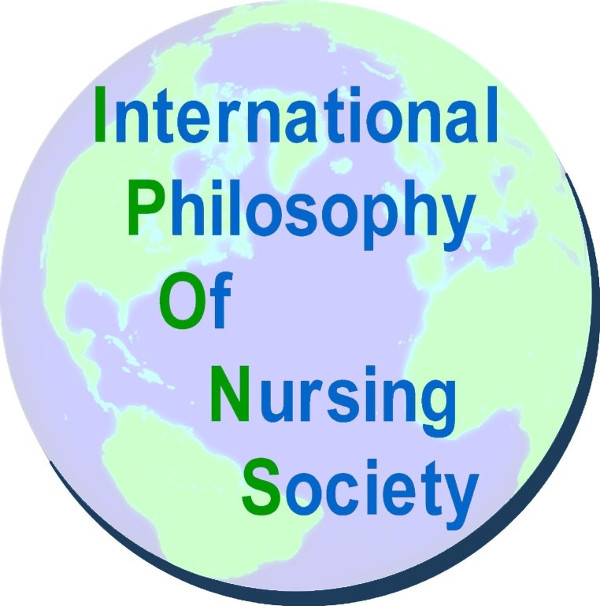Dr. Mark Risjord

Last week, I attended the 25th annual Philosophy of Nursing Conference in Irvine California. It is always a little awkward when a restaurant server or hotel clerk asks “What conference are you attending?” “Philosophy of nursing” uses two words that they’ve heard before and combines them in a way that must be well-nigh unintelligible. I feel awkward because it is so difficult to describe how the two fields are related. After this conference, I began giving the matter some thought, and began to wonder: is philosophy of nursing a kind of philosophy? A kind of nursing? Or is it an interdisciplinary field? And why does this matter?
Questions about whether a field is disciplinary or interdisciplinary sometimes seem to matter only for the sake of academic politics. The relationship between philosophy and nursing is a bit different because, historically, the search for a “nursing philosophy” was begun by practicing nurses. As nursing solidified its professional status in the middle of the 20th century, nurses needed to explain how and why nursing was a distinct form of health care. This led to questions like “what is a nurse?” “what special knowledge or expertise do nurses have?” and “what should the responsibilities of a nurse be?” These feel like “philosophical questions,” and nurses treated them that way. The question of whether the philosophy of nursing is a kind of philosophy, kind of nursing, or interdisciplinary begins to matter when we ask: who should be answering these questions? Philosophers? Nurses? Philosophical nurses? Nursing philosophers?
Last edit: August 24, 2002
